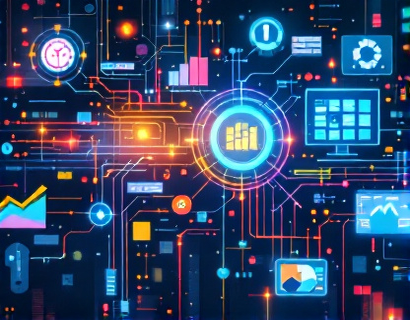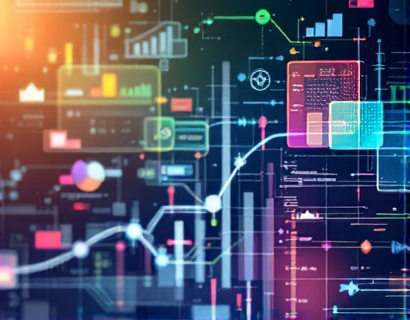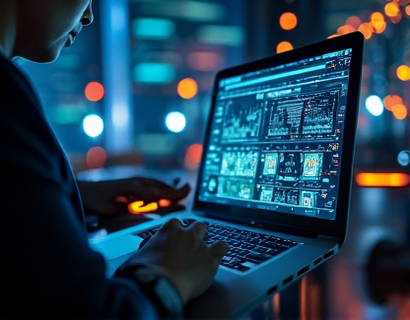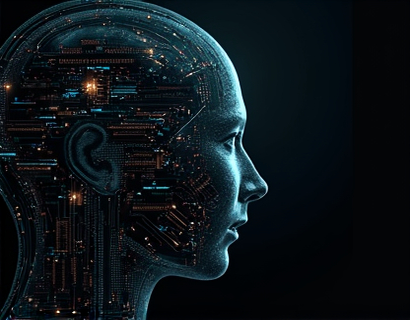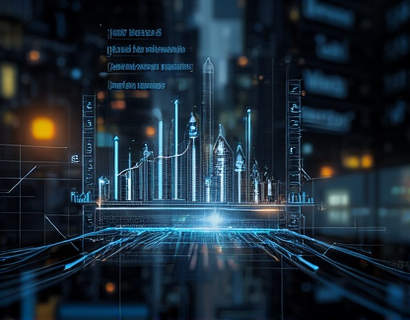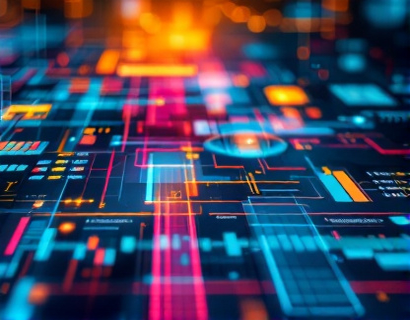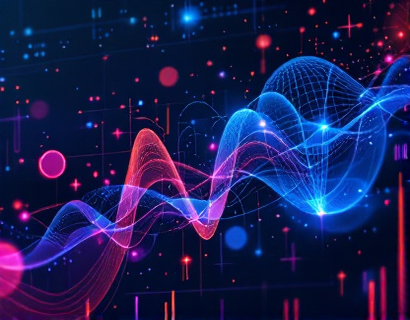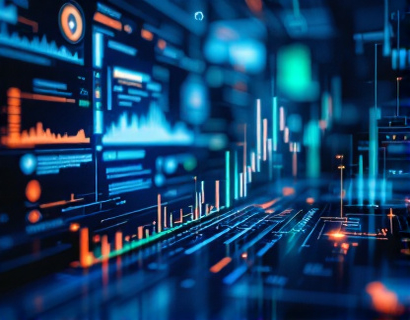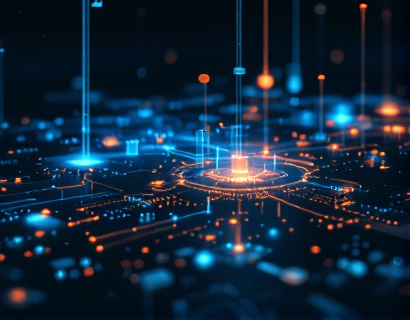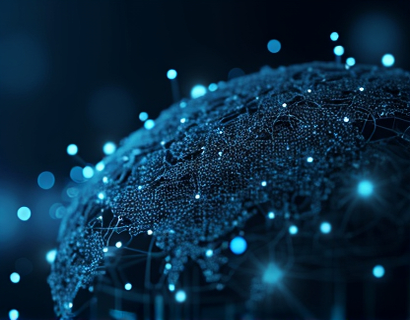AI and Crypto: A Synergistic Force Transforming Digital Engagement
The intersection of artificial intelligence (AI) and cryptocurrency is creating a new paradigm in digital engagement, offering unprecedented opportunities for users and developers alike. This integration is not just a technological advancement but a transformative shift that is redefining how we interact with digital ecosystems. By leveraging the strengths of both AI and cryptocurrency, platforms are emerging that enhance user experiences, ensure security, and open up new avenues for engagement and monetization.
The digital ecosystem has evolved significantly over the past decade, with the rise of blockchain technology and the proliferation of cryptocurrencies. These innovations have introduced decentralization, transparency, and security to digital transactions. However, the true potential of these technologies is being unlocked through the integration of AI. AI's ability to process vast amounts of data, learn from patterns, and make intelligent decisions is complementing the inherent strengths of blockchain and cryptocurrencies.
Enhanced User Experience through AI
One of the most immediate benefits of integrating AI into cryptocurrency and blockchain applications is the enhancement of user experience. AI-driven interfaces can provide personalized recommendations, streamline navigation, and offer real-time insights. For instance, AI algorithms can analyze user behavior and preferences to suggest relevant crypto assets or investment strategies, making the experience more intuitive and user-friendly.
Moreover, AI-powered chatbots and virtual assistants are becoming common in crypto platforms, offering 24/7 support and guidance. These AI entities can handle a wide range of queries, from basic information about cryptocurrencies to complex trading strategies, thereby reducing the learning curve for new users and improving overall satisfaction.
Security and Fraud Detection
Security has always been a paramount concern in the crypto space. The integration of AI in this domain is proving to be a game-changer. AI algorithms can detect anomalies and patterns that indicate fraudulent activities, such as money laundering or market manipulation, in real-time. By continuously learning from new data, these systems become more adept at identifying and mitigating risks.
Smart contracts, a cornerstone of blockchain technology, can also benefit from AI. AI can be used to audit smart contracts for vulnerabilities and ensure they function as intended. This not only enhances the security of transactions but also builds trust among users who are often wary of the potential risks associated with decentralized systems.
Decentralized Finance (DeFi) and AI
The DeFi space is one of the most exciting areas where AI and cryptocurrency converge. DeFi platforms are leveraging AI to create more efficient and accessible financial services. For example, AI can optimize lending and borrowing processes by analyzing user creditworthiness and market conditions, thereby reducing default risks and improving loan outcomes.
AI-driven portfolio management tools are another significant development in DeFi. These tools use machine learning algorithms to dynamically adjust asset allocations based on market trends and user risk profiles. This level of automation and personalization is transforming the way users manage their crypto assets, making it easier to achieve financial goals and maximize returns.
Market Predictions and Trading Strategies
One of the most compelling applications of AI in the crypto space is market prediction and trading. AI algorithms can process vast amounts of historical and real-time data to identify trends and patterns that human analysts might miss. This capability is particularly valuable in the volatile crypto markets, where timing and accuracy are crucial.
AI-powered trading bots can execute trades based on predefined strategies or real-time market conditions, providing an edge to both individual traders and institutional investors. These bots can operate around the clock, adapting to market changes and executing trades at optimal times, thereby potentially increasing profitability and reducing emotional decision-making.
Tokenomics and AI
The design and management of tokens in blockchain ecosystems can also benefit from AI. AI can analyze token usage patterns, user engagement, and market sentiment to inform the creation and distribution of tokens. This data-driven approach ensures that tokens are aligned with the needs and behaviors of the user base, enhancing their utility and value.
Furthermore, AI can assist in the governance of decentralized autonomous organizations (DAOs) by analyzing proposals, predicting outcomes, and suggesting optimal decision-making paths. This not only streamlines governance processes but also ensures that decisions are made in the best interest of the community.
Challenges and Considerations
While the integration of AI and cryptocurrency offers numerous benefits, it also presents challenges that must be addressed. One of the primary concerns is the computational power required for AI algorithms, especially those involving complex machine learning models. This can lead to higher energy consumption, which is a significant consideration given the environmental impact of crypto mining.
Another challenge is the regulatory landscape. As AI and cryptocurrency continue to evolve, regulatory bodies are grappling with how to oversee these technologies. Ensuring compliance while fostering innovation is a delicate balance that requires collaboration between technologists, policymakers, and industry stakeholders.
Future Prospects
The future of AI and cryptocurrency integration is promising, with several emerging trends poised to further elevate digital engagement. One such trend is the development of AI-driven decentralized applications (dApps) that offer more sophisticated and user-centric experiences. These dApps can leverage AI to create dynamic, adaptive interfaces that respond to user needs in real-time.
Another area of growth is the integration of AI with the Internet of Things (IoT) in the crypto space. IoT devices can generate a wealth of data that AI can analyze to provide insights and automate processes, creating a seamless and interconnected digital ecosystem.
Additionally, the rise of non-fungible tokens (NFTs) and their potential for AI-generated content is an exciting frontier. AI can create unique digital assets that are not only scarce but also possess intrinsic value, opening up new possibilities for artists, creators, and collectors.
Conclusion
The synergy between AI and cryptocurrency is revolutionizing the digital ecosystem, offering enhanced user experiences, robust security measures, and innovative financial solutions. As these technologies continue to mature, we can expect even more groundbreaking applications that will further transform how we engage with digital platforms. For tech enthusiasts and investors, this intersection presents a wealth of opportunities to explore and capitalize on, shaping the future of digital interaction and engagement.






